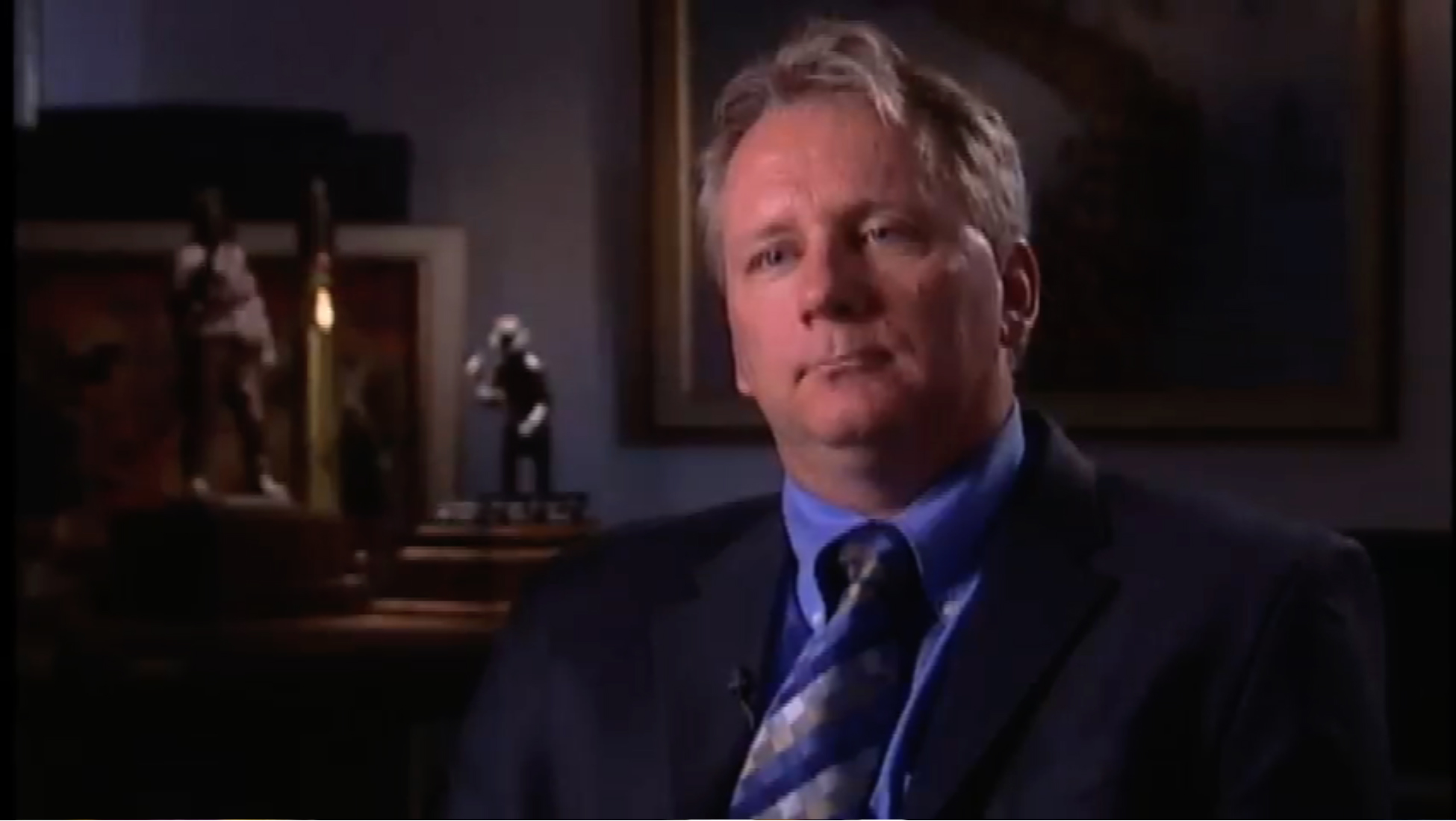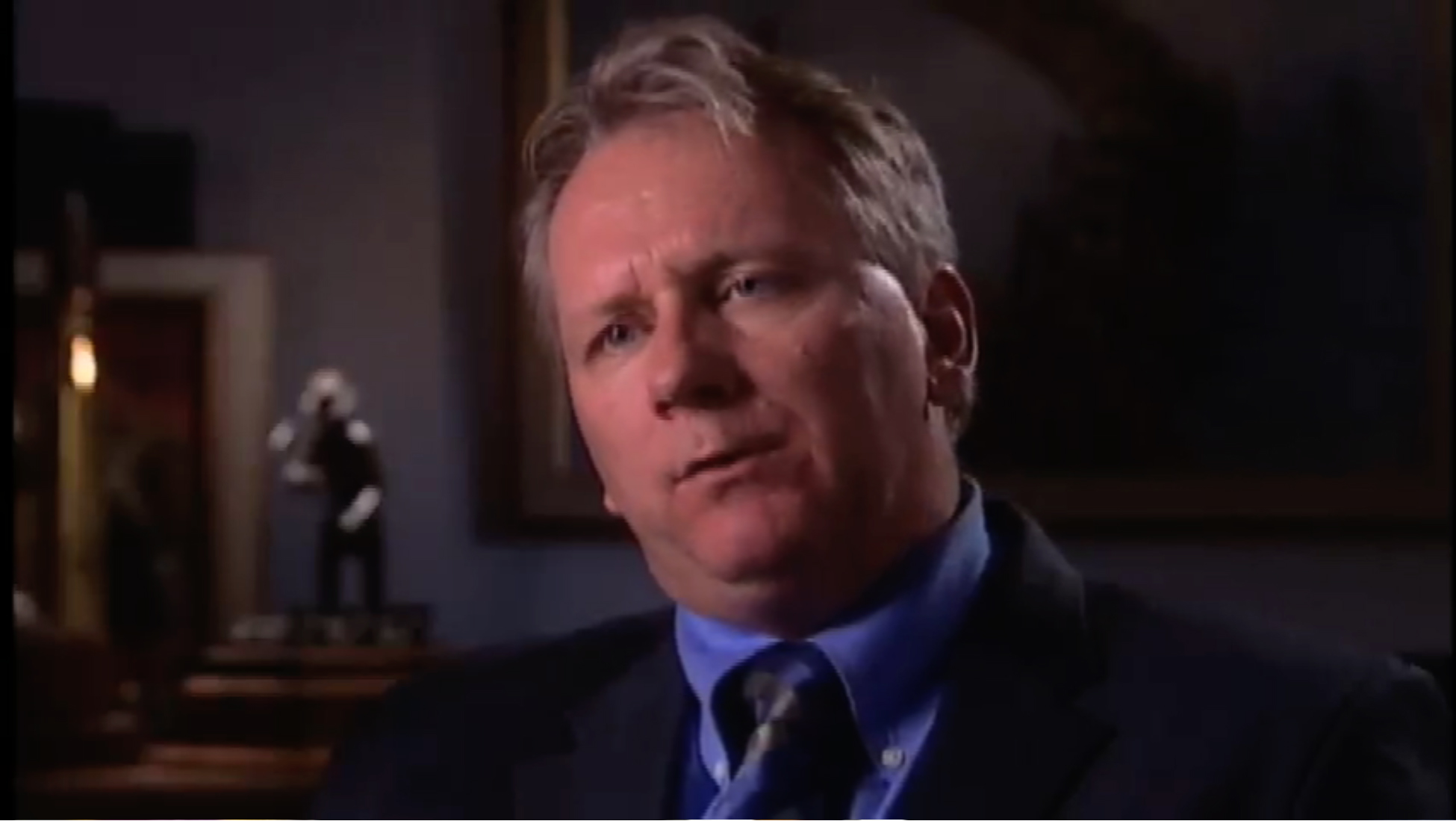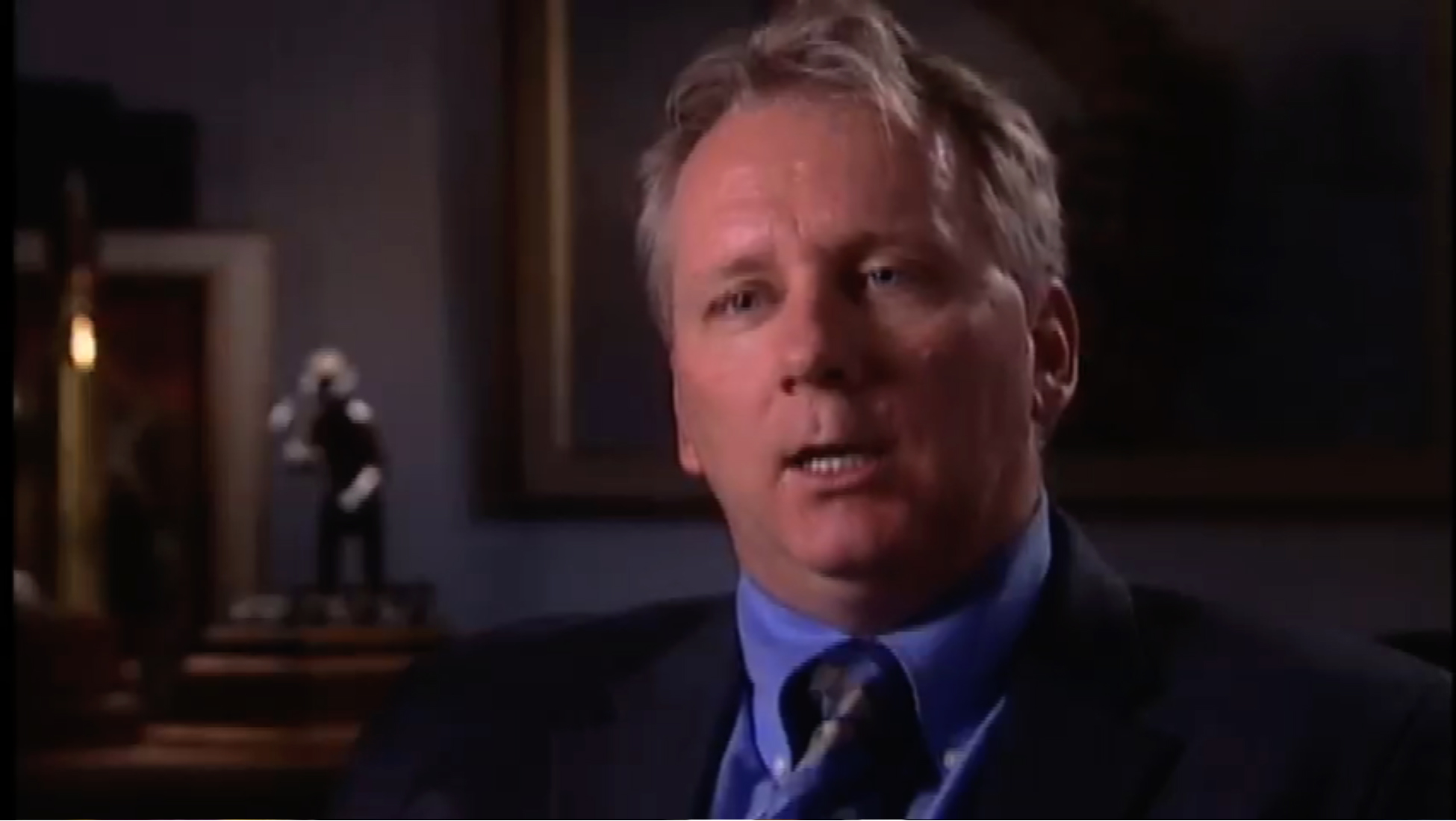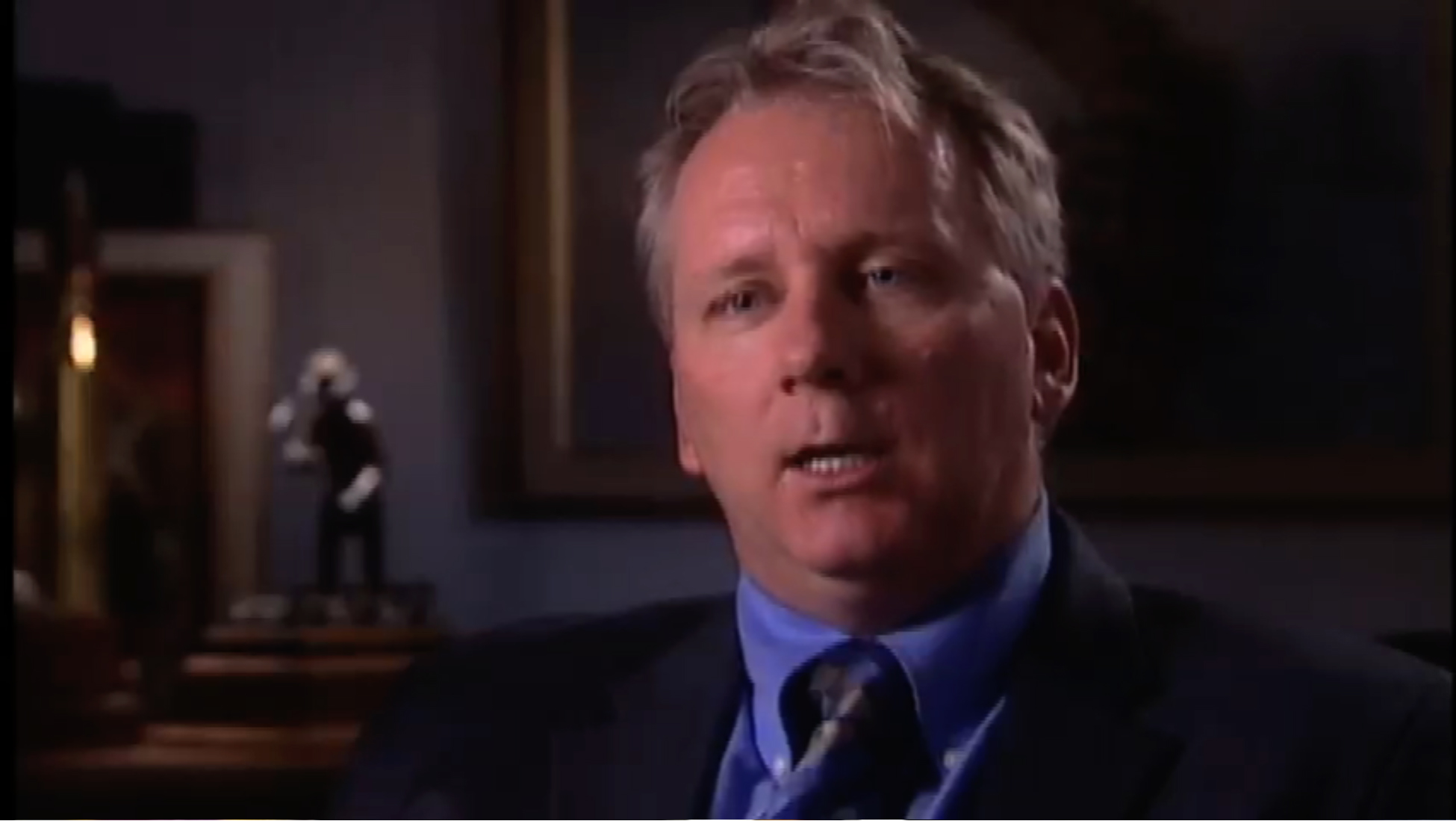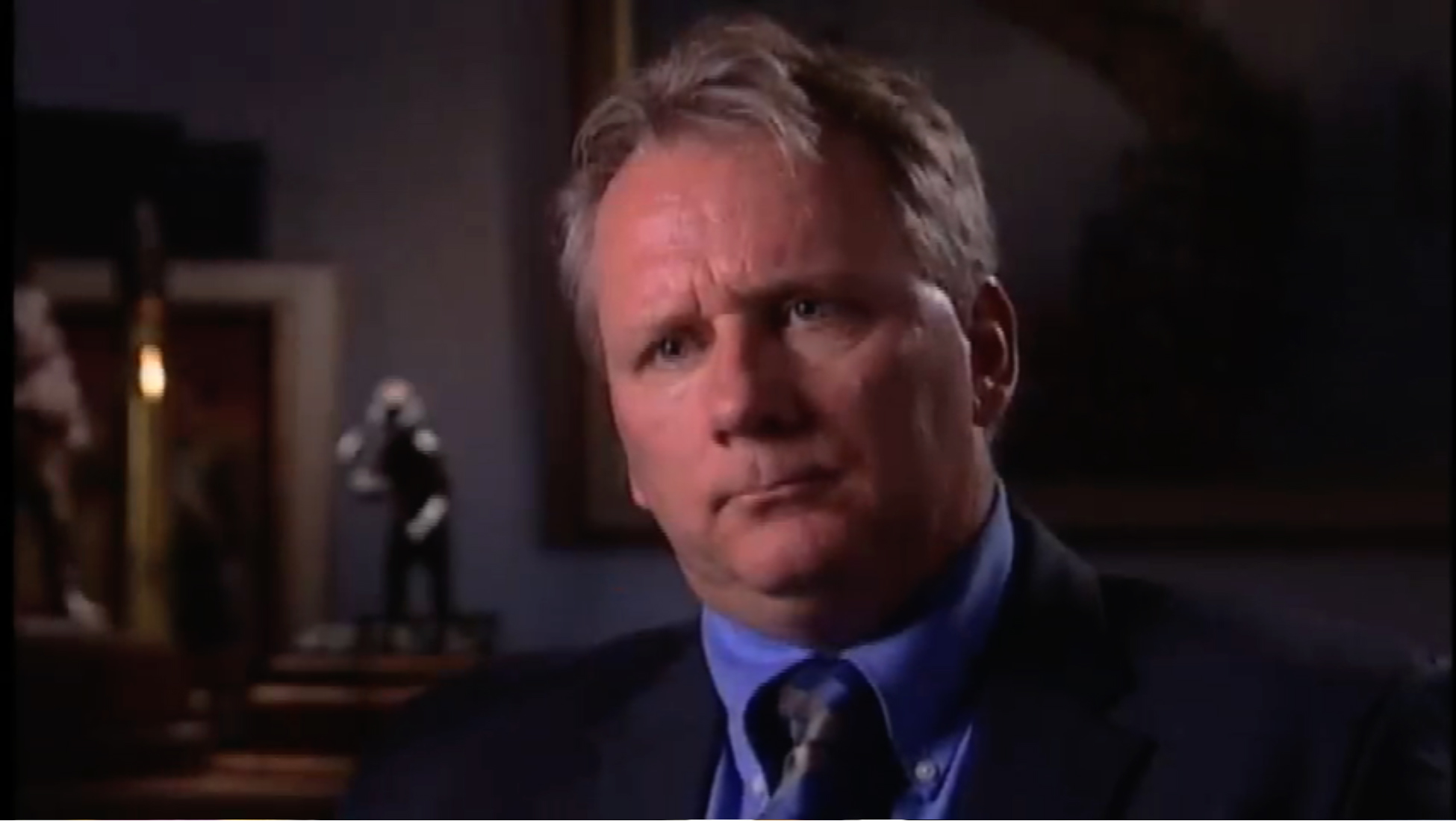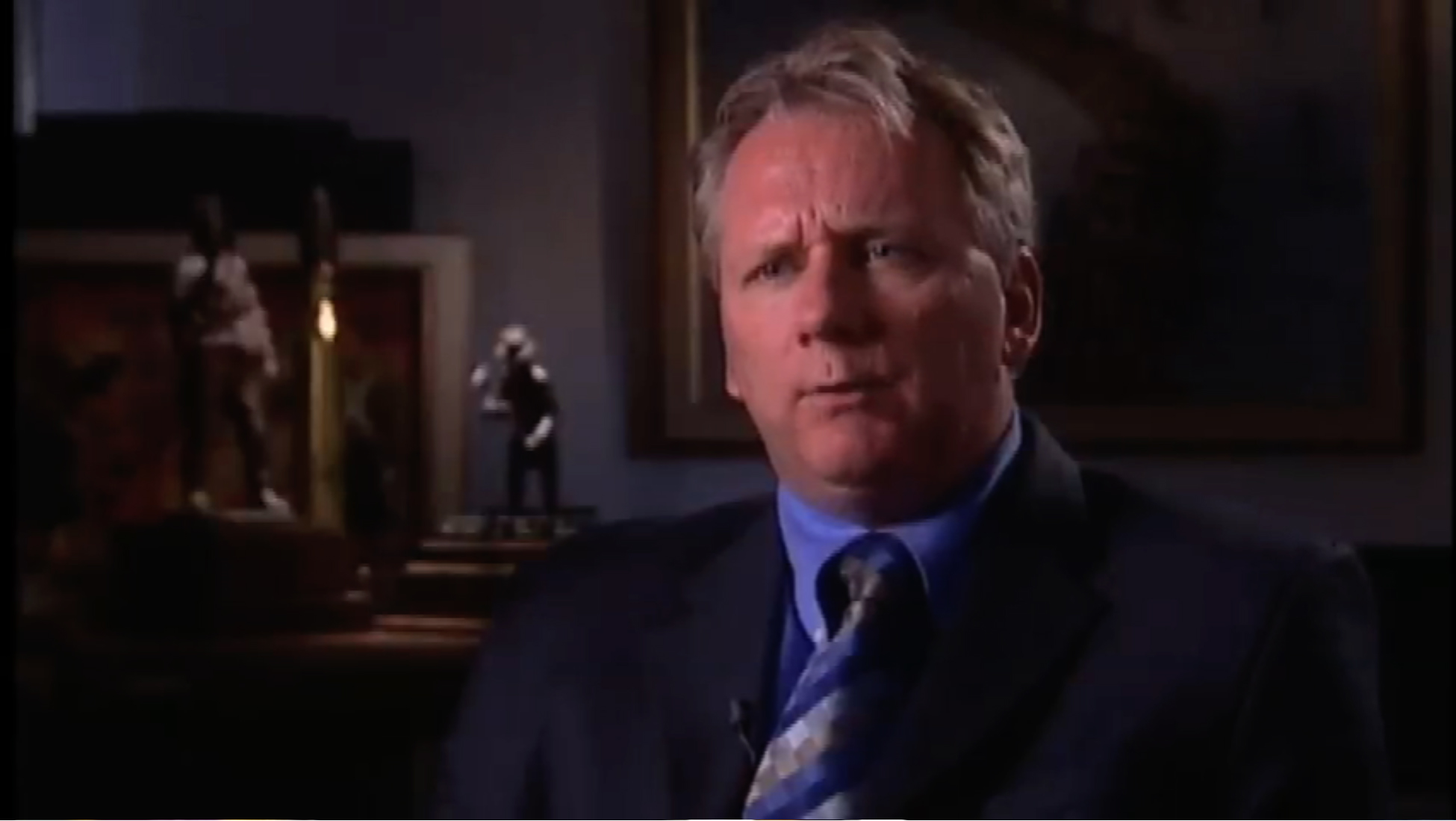Interviewer: In war, soldiers have clearly defined
rules of engagement. Tell me about that rule of
engagement during a peace keeping mission?
Well, it can be, and let's not use Rwanda
as an example, because I don't think it's a
very good example, but they are fairly clear
and defined, and there has to be no doubt in
a soldier's mind as to what it is.
And, and this is a something where I think
Canada has made great stride and has made it
very clear to its soldiers what it is and what they
are not supposed to be doing.
Many of them, if not all of them, now go on
peacekeeping mission with a little plastic card
in their in their hand clearly specifying what
the engagements, the rules of engagements are,
and they are count they are repeated
to them countlessly, countless of time and
continuously through orders group,
through discussions with their supervisors,
and so on so forth.
So we, we do very well with regards to that and
Canada has to do it that way and has to be
conscious of the impact of not having those
would have on a soldier and, interestingly enough,
and I'm not sure if it's true and I have a friend
of mine who is a lawyer in the military, and,
and then now he, he works at the
International Trial in Hague for war crime,
and he said, you know, if you don't follow the
rules of engagement when you come home
you will be tried and, and you will,
you could go to jail. And that was
interesting enough because in 1994,
when I was in Rwanda, I had none and
I made my own, and like I said earlier on,
that was I was coming home.
Interviewer: So you had no rules of engagement?
No. It was, there was none. I mean,
I don't recall ever discussing it with
General Dallaire or anybody else for that matter.
We were stuck in the middle of two forces that
hated each other and often had to cross the,
the front lines to do our business so I was
fired at by, by both sides, so, you know,
which one, you couldn't take a side first of all,
you probably wouldn't know which one to
take and, second of all, you,
you had no rules to engage them.
So we manouevered around it most of the time,
but there were time where I was at,
that was at the ready to fire my weapon if
things were getting any worse.
So, you know, we make laugh, we make fun
of it afterwards a little bit when we meet
and we talk about that sniper corner and
things like that, but during the time
that we were there, there was not a lot of
smiles, when it comes to that.
So, but we survived, all of us survived,
and many of them of my peers have done
extremely well in their career afterwards,
and I'm sure all of them understand very
well now what rules of engagements are.



